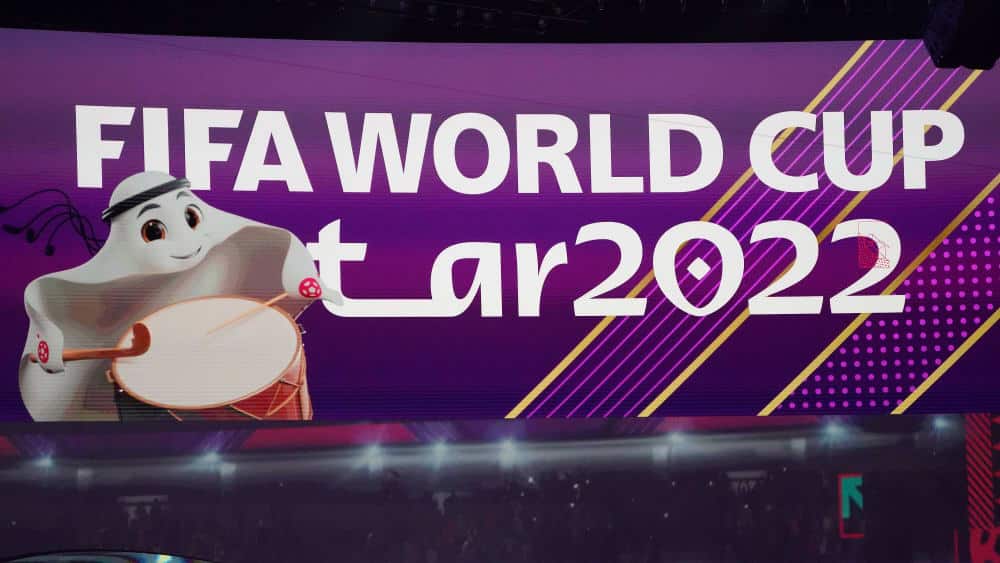The World Cup in Qatar has not been under a good star since the beginning. First and foremost, violations of human rights, slavery and exploitation have always accompanied the major tournament, which is due to take place at the end of the year. Now the World Cup organisers have specifically confirmed exploitation.
Following renewed allegations by Amnesty International, World Cup organisers in Qatar have admitted to the exploitation of workers at at least two football tournaments. Three companies had not followed rules in several areas, a statement from the World Cup organising committee said. These violations were “absolutely unacceptable”. The human rights organisation had previously published a report accusing private security companies in Qatar of exploiting migrant workers.
In its latest report this Wednesday, the organisation denounces “serious human rights violations” in the private security sector, “some of which amount to forced labour”. For example, these people were forced to perform their work against their will and under threat of punishment. “Some of them had to work up to 84 hours a week – and that with the knowledge of the Qatari government,” criticised the human rights organisation.
According to the World Cup organisers, violations occurred at the three companies during the 2020 Club World Cup, which was won by Bayern Munich at the time, and the 2021 Arab Cup. These would have led to “a series of measures, including placing contractors on watch lists or blacklists to prevent them from working on future projects – including the FIFA World Cup – before these contractors were reported to the Ministry of Labour for further investigation and penalties”.
He said the organising committee was doing everything it could to protect the workers.
The official abolished kafala system
Amnesty cited interviews with staff from eight security companies for the new report. In them, staff complain they are deprived of days off and holidays. “We work from January to January, Sunday to Sunday, no day off,” the organisation quotes a security guard from Uganda as saying. Other employees had their wages cut when they could not work because of illness.
The rich emirate is repeatedly accused of exploiting migrant workers and other human rights violations. Qatar’s government rejects the accusations, citing reforms. For example, the kafala system has been dismantled. This system ties foreign workers to a local sponsor like an employer and often opens the door to exploitation. In Qatar, the law allows migrants to leave the country or change jobs without the consent of their employer.
Human rights activists criticise that although officially the kafala system has been abolished, “de facto” it is still there.
“Our findings show once again that the Qatari government is not serious about implementing its own laws and holding those who break them accountable,” said Katja Müller-Fahlbusch of Amnesty. She calls for the world governing body to compensate workers affected by forced labour. What FIFA has done so far, she said, “is not enough”.
The World Cup starts on 21 November and runs until 18 December. In response to human rights violations, there have been repeated calls for a boycott in recent months.





